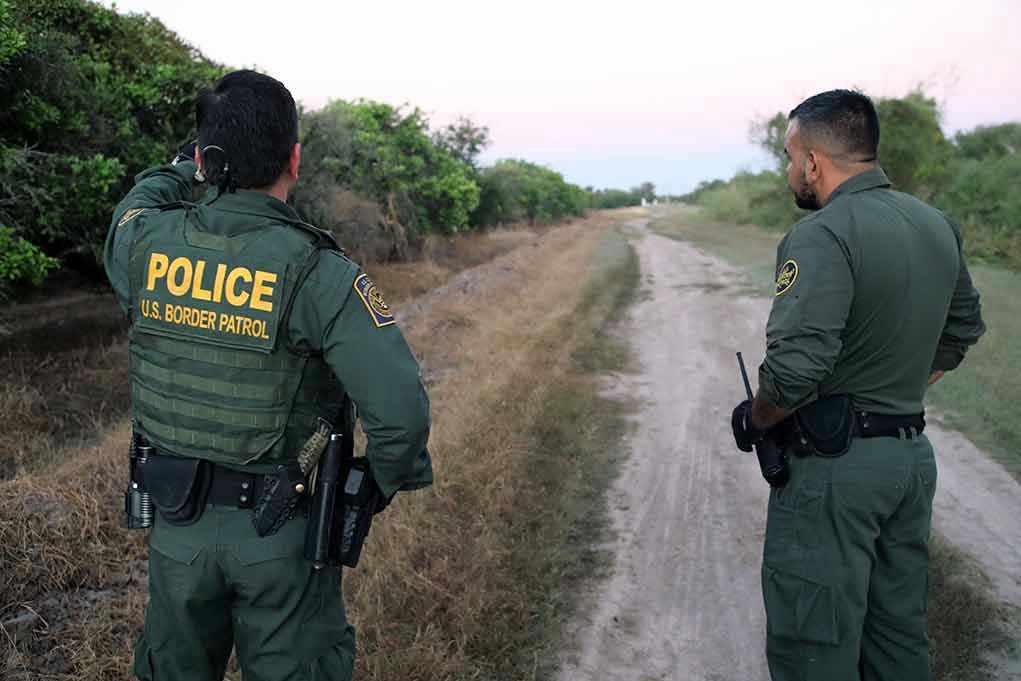
When the U.S. government slammed the gates on Mexican cattle imports over a parasite outbreak, Mexico’s president immediately cried foul—claiming American officials are exaggerating the threat and jeopardizing millions in trade, all while the border security crisis rages on with barely a pause in the chaos.
At a Glance
- U.S. re-shut the border to Mexican cattle after new cases of flesh-eating screwworm surfaced north of Mexico’s buffer zone.
- Mexico’s president calls the move “totally exaggerated,” accusing the U.S. of inflicting needless economic pain on ranchers and stoking diplomatic tensions.
- American officials insist the closure is necessary to protect the U.S. livestock industry from a devastating parasite not seen here since the 1960s.
- The dispute exposes deep cracks in cross-border trust, enforcement, and priorities as the border remains a hotbed of security and biosecurity breakdowns.
U.S. Resurrects Border Closure Over Screwworms—Mexico Cries Foul
The U.S. Department of Agriculture (USDA) has once again slammed the door on Mexican cattle, horses, and bison crossing the border. This comes just days after officials in Veracruz, Mexico, reported a new case of the flesh-eating New World screwworm—north of Mexico’s so-called “sterile fly” buffer zone and a mere 370 miles south of Texas. This parasite, infamous for devouring the living flesh of livestock and occasionally humans, was eradicated from the U.S. decades ago. But when it comes to biosecurity, Washington isn’t taking any chances, especially after a year of relentless illegal crossings and criminal chaos along the southern border.
The move immediately reignited tensions with Mexico, whose president slammed the U.S. response as “totally exaggerated.” The phased reopening of ports, which had begun in Arizona and was scheduled to expand to New Mexico and Texas, was suspended overnight. Ranchers on both sides of the border are now stuck—Mexican producers with nowhere to sell and American beef processors facing price spikes and supply headaches. The USDA insists its hand was forced by the appearance of the parasite outside the containment zone, warning that any reintroduction could devastate the American cattle industry and cost taxpayers billions.
Ranchers and Regulators Clash While Smugglers Thrive
The stakes are enormous. Mexico exported more than a million head of cattle to the U.S. in the last year alone, a lifeline for ranchers in northern states like Sonora. For U.S. producers, importing Mexican cattle helps meet domestic demand and stabilize prices. But as cross-border trade grinds to a halt, both sides are bleeding money—Mexico from lost sales, the U.S. from looming shortages. Even worse, the crisis has shined a harsh spotlight on the corruption and smuggling that have allowed contaminated animals to slip through the cracks. American officials point to ongoing reports of illegal cattle shipments from areas known to harbor the parasite, blaming lax enforcement and corruption in certain Mexican agencies.
Mexican ranchers, caught in the crossfire, insist their herds are clean and subject to rigorous USDA inspections. They’re furious that the entire industry is being punished for outbreaks hundreds of miles away, especially when the U.S. benefits so handsomely from the trade. President Sheinbaum, eager to defend national pride and economic interests, has gone on the offensive—accusing Washington of using the parasite as a pretext for protectionism and ignoring the science behind containment efforts.
Border Security Crisis Meets Biosecurity Breakdown
Secretary of Agriculture Brooke Rollins has made it clear: “We must see additional progress combating NWS in Veracruz and other nearby Mexican states in order to reopen livestock ports along the Southern border.” Translation: no more half-measures, no more trust without verification, and no more gambling with U.S. food security. The phased reopening is off, and with it, any hope of a quick return to normal for ranchers, truckers, and border towns already battered by inflation and out-of-control spending.
The fallout is immediate and brutal. Mexican cattle producers stand to lose millions, workers face layoffs, and rural communities—already hit hard by inflation and a government more interested in protecting illegals than taxpayers—are left twisting in the wind. The U.S. beef industry, meanwhile, is bracing for higher prices and the threat of shortages.











